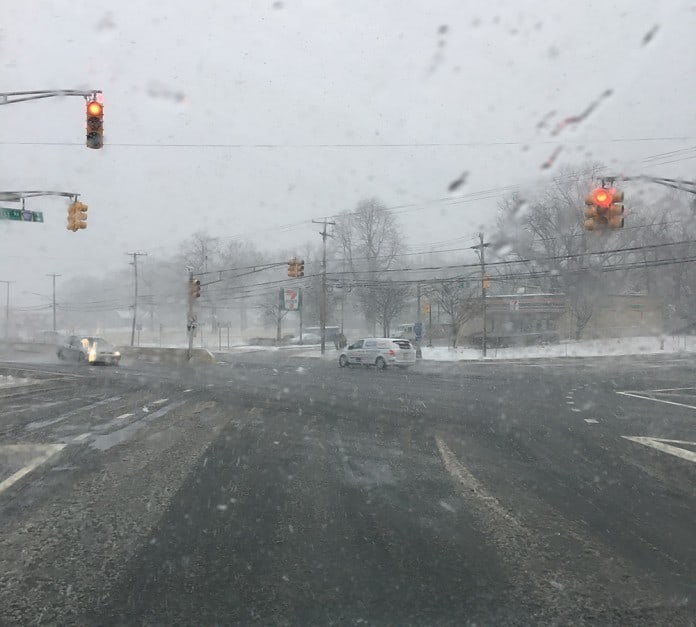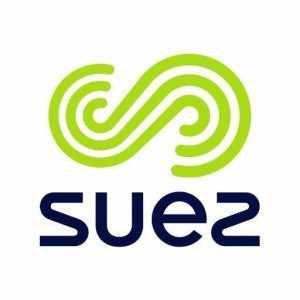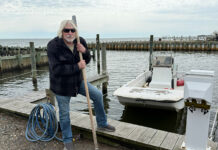
TOMS RIVER – SUEZ is prepared to make all necessary operating adjustments as Winter Storm Niko strengthens along New Jersey coastal and inland areas today, producing a swath of heavy, wet and accumulating snow.
“According to the National Weather Service, our service territories in Ocean, Monmouth and Middlesex Counties are expected to experience torrential climate conditions with high winds, sleet and snow,” said Jim Mastrokalos, Director of Operations. “During this significant weather event, predicted to last throughout the day, SUEZ has plans in place to maintain the integrity of all treatment facilities and water supplies with the main goal of providing uninterrupted service,” he added.
Mastrokalos added that SUEZ crews are always ready and available in the event of emergencies.
SUEZ along with the Toms River Fire Prevention Bureau also are appealing to residents and businesses to help safeguard the visibility of fire hydrants that are located in front of homes or places of business, as accumulating snow and possible drifts will not only hide the hydrants but also the valves to which a fire hose is attached.
 “It’s critical to maintain sustainable water supplies to battle fires and especially important that our fire department personnel can quickly locate fire hydrants,” said Kevin Esposito, Toms River Fire Prevention Bureau Director. “By taking a few extra minutes to clear a three-foot space around the circumference of fire hydrants will allow responding units the quick access needed in case of emergencies,” Esposito added.
“It’s critical to maintain sustainable water supplies to battle fires and especially important that our fire department personnel can quickly locate fire hydrants,” said Kevin Esposito, Toms River Fire Prevention Bureau Director. “By taking a few extra minutes to clear a three-foot space around the circumference of fire hydrants will allow responding units the quick access needed in case of emergencies,” Esposito added.
When sweeping or shoveling snow from driveways or walks, fire hydrants should be cleared all around, enabling fire hoses enough room to expand.
“Residents are also reminded not to block fire hydrants with vehicles,” Esposito said. “Vehicles cannot be parked any closer than 15 feet from a fire hydrant in any direction,” he said.
Customers are asked to report any leaking, broken, or malfunctioning hydrants to the company’s customer service center at 877-565-1456.
Additionally, SUEZ recommends that business and residential customers assess all personal emergency preparedness plans and store extra tap water in clean, food-grade storage containers in case of any unforeseen circumstances. Customers are advised to wash containers thoroughly with soap and water, rinse before filling with tap water, then place a “drinking water” label with the date on the containers prior to storage.







